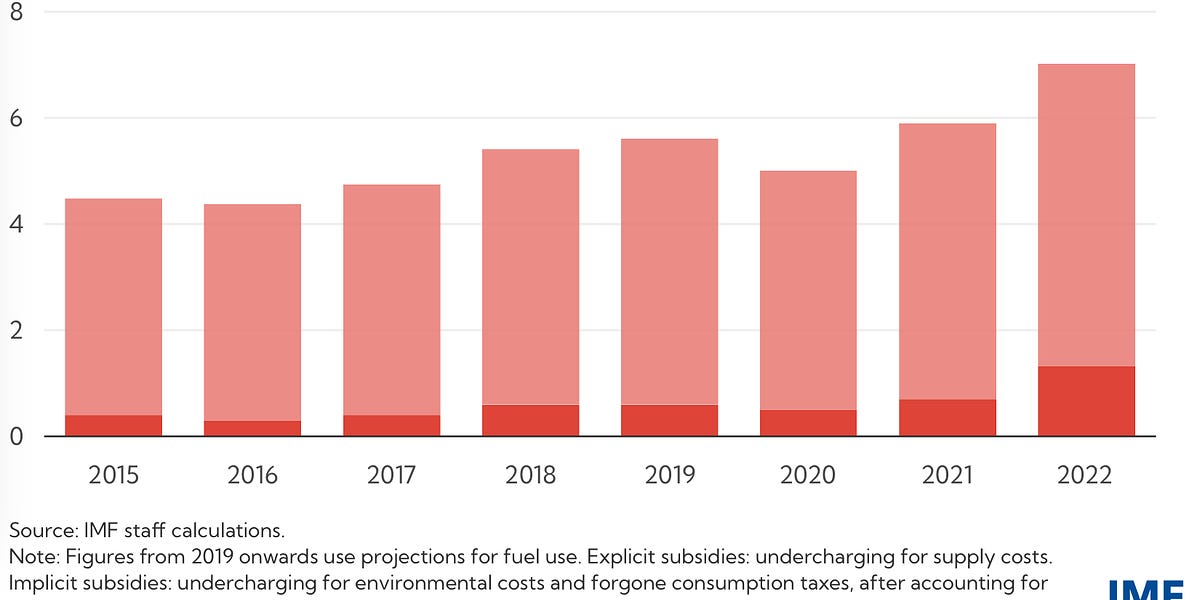The whole notion of misinformation
as conventionally construed has taken some blows lately, including scandals in the misinformation research field and, more importantly, some great work from Brendan Nyhan, Emily Thorson, and co-authors showing that in our review of behavioural science research on online misinformation, we document a pattern of low exposure to false and inflammatory content that is concentrated among a narrow fringe with strong motivations to seek out such information.
From where I sit, that’s all to the good — I’ve been complaining for years about the problems with this framework as an explanation for political outcomes. It is true that there is fringe content circulating on the internet and also that some of your political enemies probably believe some of it, but there’s little reason to believe that such content exerts an important causal influence on American politics.
That said, one complaint I still have about the misinformation
paradigm is that even in its debunking forms, it uses a generic term in a highly specific and somewhat peculiar way.
People have a lot of erroneous beliefs about the policy status quo in the United States, and that seems to matter. These beliefs are normally not formed via exposure to some kind of social media misinformation; they’re just about things that aren’t in the news very much and that people misunderstand. Which is to say that people having information that is not correct
is absolutely a huge deal in politics… it’s just not necessarily misinformation
in the sense that the misinformation police intend. In Dylan Matthews’ profile of the State Department’s small but very successful intelligence bureau, for example, one thing that comes through is that the bulk of American intelligence agencies genuinely believed that Iraq had an advanced nuclear weapons program. This erroneous information had a huge impact on the media, on the mass public understanding of political debates 2002-2003, in decision-making in Washington, and on the broad trajectory of American politics.
And I think erroneous ideas that are perpetrated by mainstream institutions — what I’m going to call elite misinformation
— are a really big deal in an underrated way. . . .
— Matt Yglesias, Elite misinformation is an underrated problem
Slow Boring, June 26, 2024

